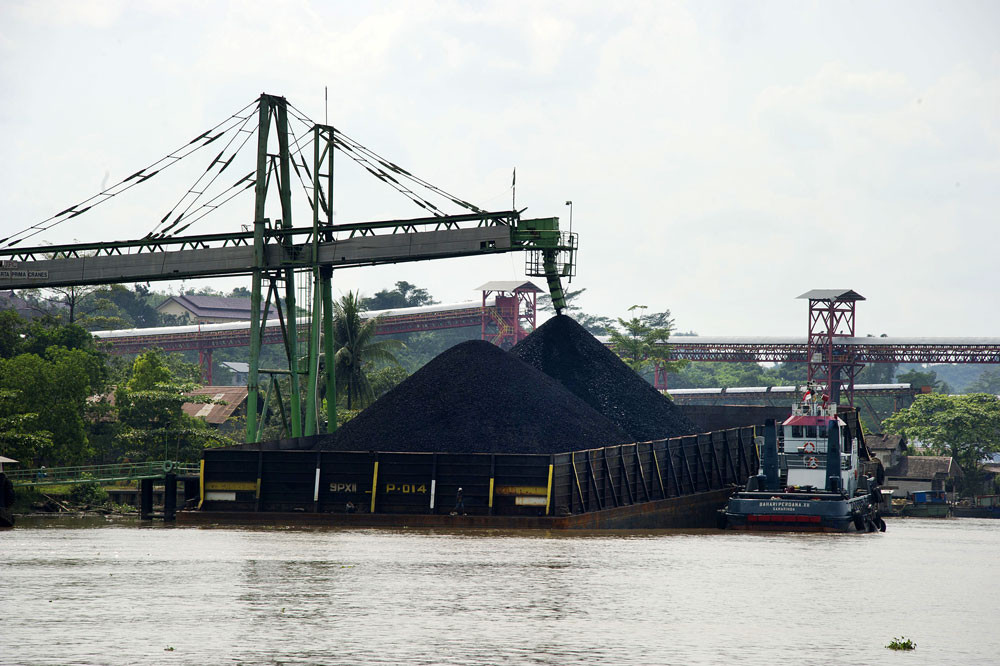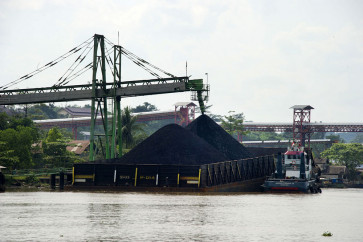Popular Reads
Top Results
Can't find what you're looking for?
View all search resultsPopular Reads
Top Results
Can't find what you're looking for?
View all search resultsPaving way to ASEAN energy sovereignty
Change text size
Gift Premium Articles
to Anyone
E
nergy demand in ASEAN member states (AMS) has increased twice as fast as in other countries since the 2000s. AMS together are currently the sixth-largest energy consumer and will be the fourth-largest by 2030, with more than 54 percent of the energy need expected to be covered by oil imports by 2035.
Fossil fuel subsidies have significantly increased, rising from US$20 billion in 2017 to $50 billion in 2018. The current growth rate of conventional energy supply would not only lead to energy security issues but also exacerbate climate change — if renewable sources are not taken into account.
During the recent ASEAN Ministers on Energy Meeting (AMEM) in Bangkok, Indonesian then-deputy minister of energy and mineral resources Arcandra Tahar noted the importance of biofuel. In a separate discussion, he said biofuel could not only alleviate countries’ dependency on fossil fuel but would also help reduce poverty. Biomass is abundant in Southeast Asia.
Opportunities for using biofuels are wide open. While Thailand has struggled to increase its biodiesel blend from B20 to B30 due to limited resources, Indonesia and Malaysia have the potential to increase their biodiesel blend up to B100, owing to the abundance of resources. Yet, European Union restrictions on the use of biofuel from palm oil and biofuel produced from food crops over issues related to indirect land use change (ILUC) have led to reduced production in some AMS.
The biomass potential is still enormous in ASEAN, both in terms of supply and demand, but there are also still challenges related to costs and appropriate technology. The biomass road map should be implemented with strong support from the AMS and collaboration among research and academic institutions in the region. An increase in the share of biomass in the final energy supply can be realized, such as by revisiting policies in each country regarding biomass utilization and whether the region has identified the by-products. University curriculums should have already been aligned with the strategy to support the region’s vast human resource demand.
Biorefining, which is converting any biomass resource into energy and other beneficial by-products such as chemicals, is also worth developing in the region, due to the wide range of by-products that can be developed from biorefining. The identification of biofuel and bio products from biorefineries is not yet agreed among industries, academics and policymakers. Demands for bio products has increased substantially during the last decades, with some European universities that previously had study programs focusing on oil and gas having lately shifted to biochemicals and biotechnology.
Another opportunity pertaining to the use of biomass in the region is energy trading. Cost differences among AMS may become a sensitive issue; thus, leveling prices and trading scenarios must be developed and agreed by the AMS.


















